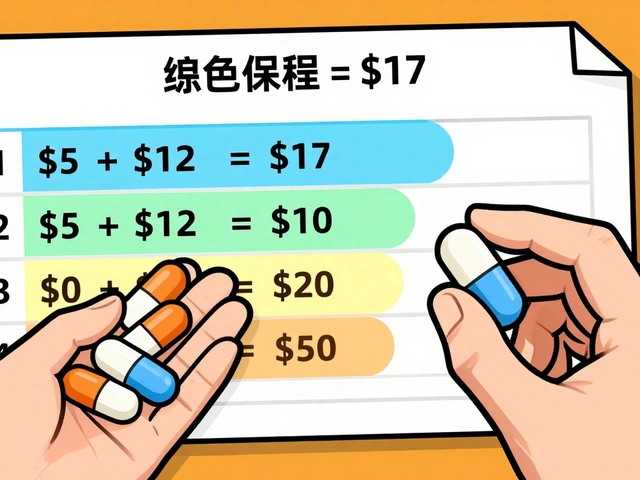Understanding CCBs: What Calcium Channel Blockers Do for You
If you or someone you know is dealing with high blood pressure or certain heart problems, you might have heard about CCBs, or calcium channel blockers. These medications play a big role in managing heart health by relaxing your blood vessels, which helps lower blood pressure and reduce strain on your heart. But how do they actually work, and what should you know about them? Let’s break it down in a simple way.
Calcium channel blockers target calcium, a mineral in your body that helps muscles contract—including the muscles in your heart and blood vessels. By blocking calcium from entering these muscle cells, CCBs help your blood vessels relax and widen. Imagine the difference between a tight garden hose and one that’s open wide; blood flows better when vessels aren’t tight. This makes it easier for your heart to pump blood and lowers your blood pressure.
Where You Might Encounter CCBs
They’re most often prescribed for conditions like hypertension (high blood pressure), angina (chest pain), and certain heart rhythm problems. If your doctor gives you a CCB, it’s because they want to lower your risk of heart attacks or strokes and help you feel better if your heart is struggling.
Some common CCB drugs you might come across include amlodipine, nifedipine, and diltiazem. Each one works a bit differently, so your doctor will pick what suits you best based on your symptoms and any other health issues.
Tips for Taking CCBs Safely
While they’re effective, there are some things to watch out for. CCBs can cause side effects like swelling in your ankles, headaches, or dizziness. If you notice these or anything unusual, it’s important to talk to your healthcare provider—they can adjust your dose or suggest alternatives.
Also, caffeine and certain medications might interact with CCBs, changing how they work. Always let your doctor know about any other medicines or supplements you’re taking to avoid surprises.
Remember, CCBs work best when combined with healthy lifestyle changes like eating well, exercising regularly, and managing stress. Medications aren’t a magic fix, but a useful tool to help keep your heart safe.
If you want to learn more about specific CCBs, their uses, or how they compare to other heart meds, check out our articles listed here. Staying informed helps you take control of your health confidently and safely.

Non-Beta-Blocker Blood Pressure Medications: Choosing Between ARBs, CCBs, and Diuretics for Hypertension
Confused about blood pressure treatments that aren't beta-blockers? This article breaks down when and why doctors might recommend ARBs, CCBs, or diuretics instead, and who makes a good candidate for each. You'll get clear guidance, smart tips, and some eye-openers on how to talk to your doctor about the right path for you. Easy to read and filled with practical facts, this guide helps you navigate your options without getting lost in medical jargon. Find out how real choices look for real people living with hypertension.
View More



